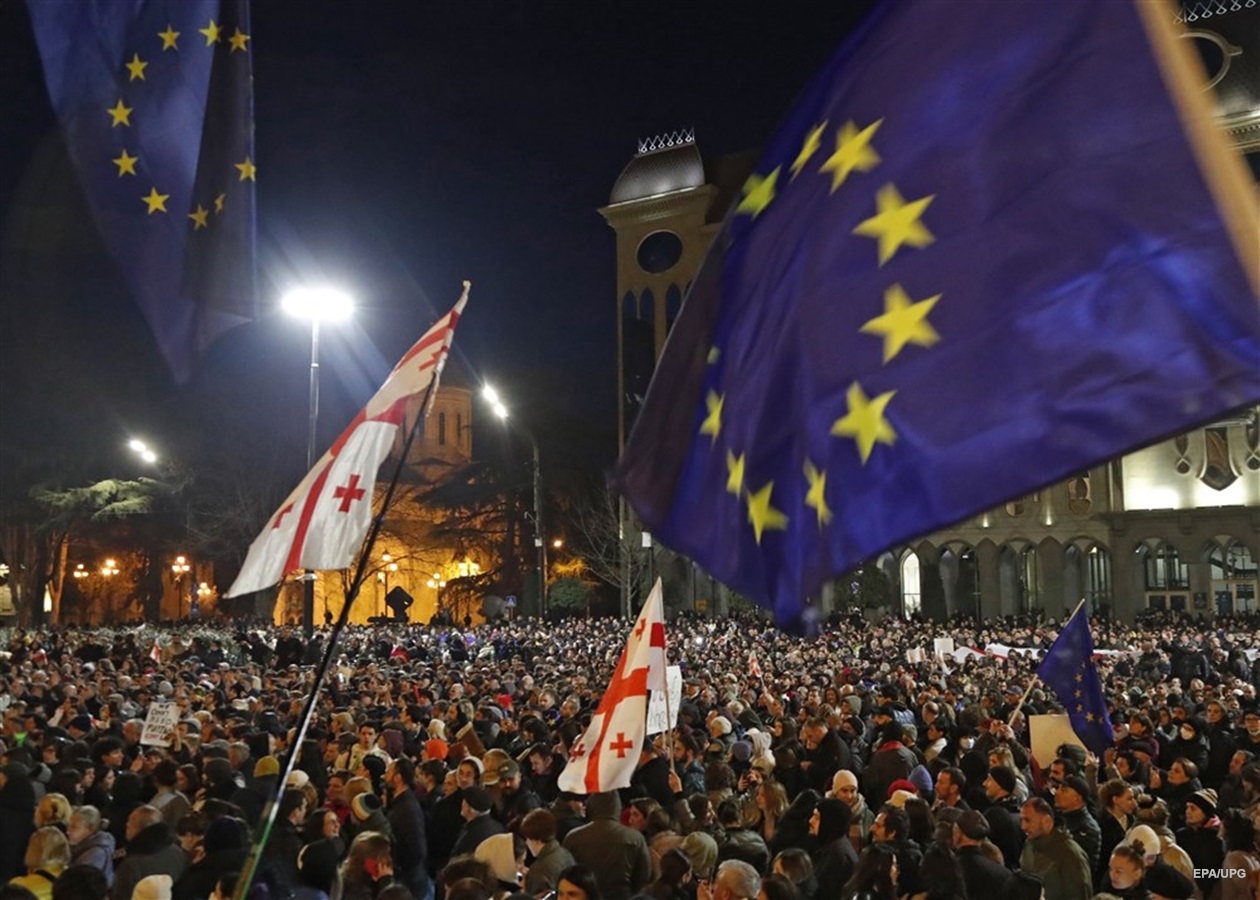Protests in Georgia, which have been ongoing after the parliamentary elections, are fueled by mass dissatisfaction with the voting results. Citizens and the opposition accuse the ruling party “Georgian Dream” of manipulation and violations during the electoral process. The discontent is exacerbated by general dissatisfaction with the political situation and Georgia’s slow progress towards European integration, hindered by actions of the government that appear to benefit Russia.
How are the protests unfolding?
The opposition is organizing mass rallies in Tbilisi and other cities in the country. People are calling on the government to acknowledge the violations, conduct new elections, and compel “Georgian Dream” to make concessions. Confrontations between protesters and the police are taking place, including the use of water cannons and the arrest of activists. The situation is further complicated by weather conditions and the seasonal preparations for holidays, but this does not diminish the determination of the citizens.
The role of external forces
The European Union and other international players are closely monitoring the developments. They are urging the Georgian government to ensure transparency and adherence to democratic standards. The EU has already expressed concerns about the violations undermining Georgia’s European path and may exert additional pressure on the government.
Forecasts
Experts predict that in the coming weeks, the protests may weaken due to the winter holidays, but the issue will not resolve automatically. The opposition is likely to attempt to boycott the parliament and organize new actions. At the same time, the government may try to delay, hoping for protester fatigue.
The political situation in Georgia remains tense. The country’s future will depend on the ability of the parties to find a compromise, avoiding escalation of the conflict. For now, the government’s position seems unchanged, but public pressure may force them to reconsider their actions.

